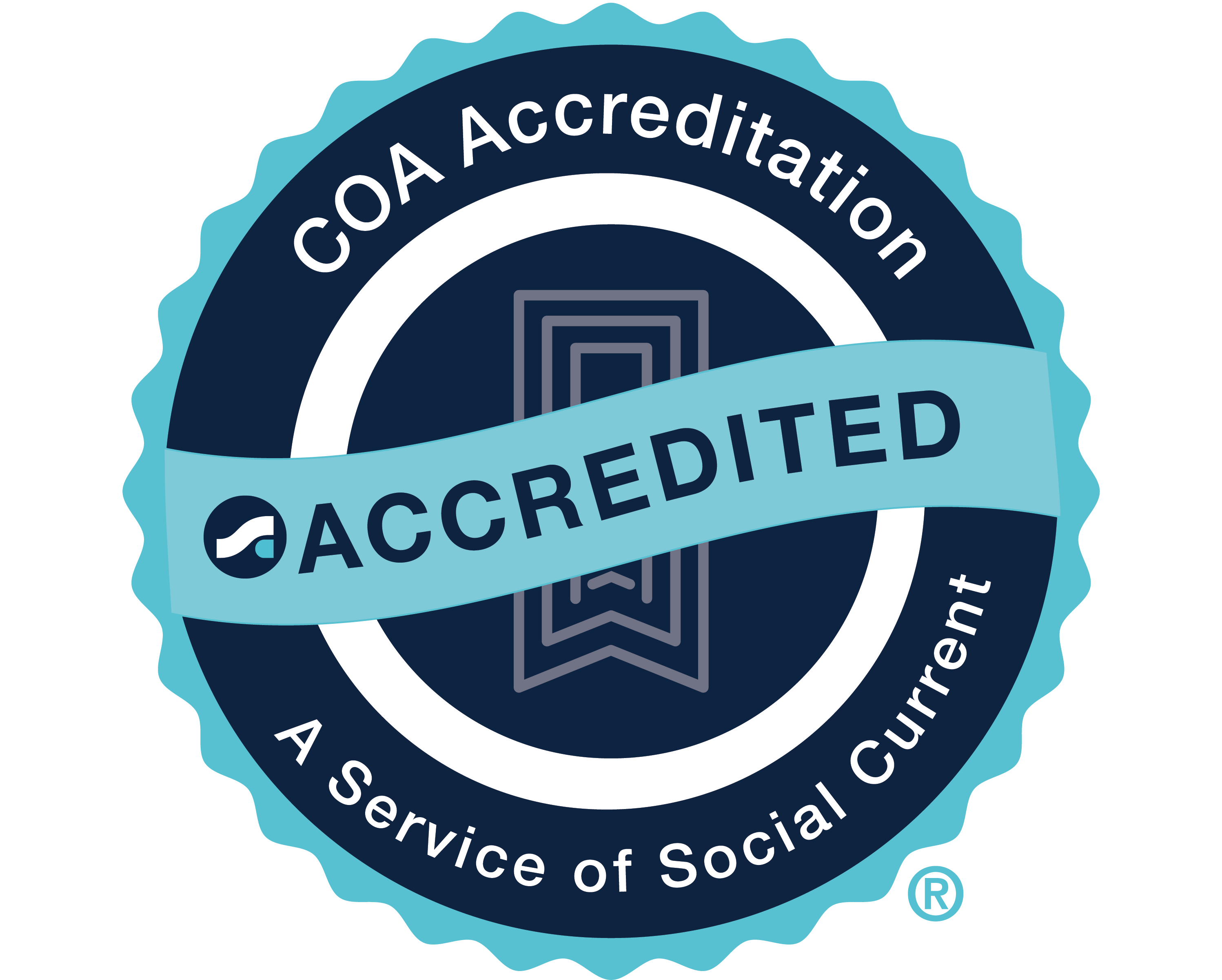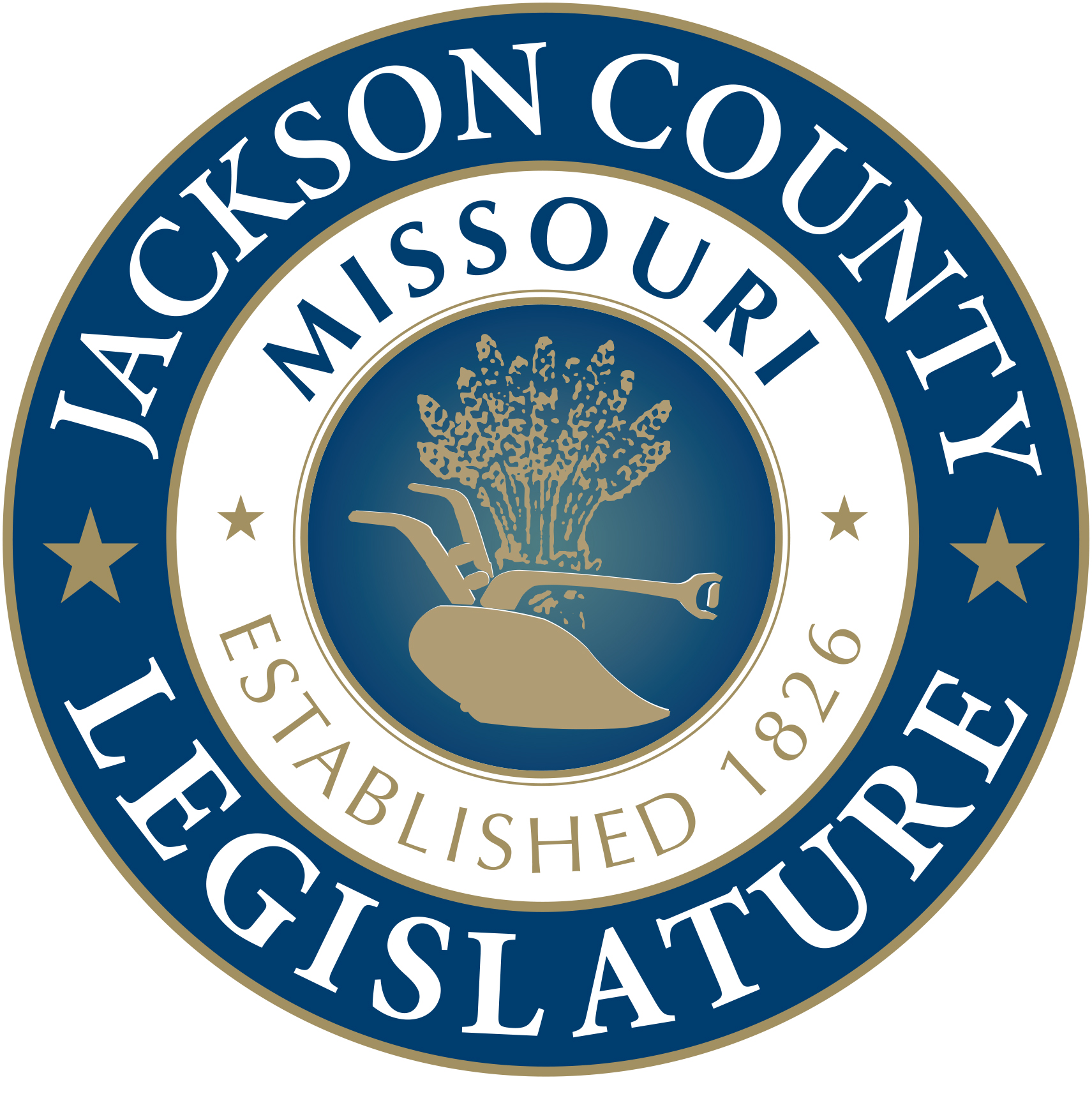Sexual Assault Awareness Month

Each April is Sexual Assault and Awareness Month occurs to raise awareness of sexual violence and honor survivors’ courage and resilience.
What is Sexual Assault?
Sexual assault is a non-consensual physical act that is sexual in nature, such as rape, sexual abuse, incest, molestation, and unwanted sexual contact. Sexual assault frequently includes coercion, threats, force, and/or manipulation.
Sexual assault is a component of sexual violence which caninclude:
· Sexual assault
· Sexual exploitation
· Sexual harassment
· Sex trafficking
· Non-consensual exposure to sexual acts and/or images
Statistics of Sexual Violence
Sexual violence occurs in every community and does not discriminate based on ethnicity, age, ability, religious affiliation, gender identity, or sexual orientation. On average, 1 in 3 women and 1 in 6 men have experienced sexual violence in their lifetime. Additional statistics and impacts of sexual violence include:
· Higher rates of sexual violence and harassment among LGBTQIA+ community.
· College students experience a high rate of sexual assault on campus. These assaults often go unreported due to the presence of drugs and/or alcohol.
· The Department of Justice estimates that over 60% of sexual assaults are not reported to the police and only 12% of child sexual assaults are reported to the police. Acts of sexual violence are under-reported due to the survivor’s fear of retaliation, humiliation, not being believed and being made to feel that the assault was their fault.
· The CDC estimates the lifetime financial impactto a sexual violence survivor is $122,461 (medical costs, lost productivity,criminal justice activities, and other costs).
· Kansas City region survivor demographics:
o Child survivors: 47% age 0-12, 53% age 13-17.
o Adult survivors: 53% age 18-35, 47% age 36+.
o 59% of survivors are Non-White/Caucasian.
How to Support Survivors
It's essential for everyone to take an active role in preventing sexual assault and supporting survivors. By advocating for survivors, we can work together to create safer communities. Here are some actions you can take to help empower survivors:
· Listen to them and acknowledge what occurred.
· Believe them.
· Let them know that it was not their fault.
· Inform them of available resources (medical,legal, and services from organizations such as Hope House).
· Help them regain a sense of safety.
· Respect their autonomy and support theirdecisions.
· Respect and safeguard their confidentiality.
Sexual Assault Prevention:
The topic of preventing sexual assault can be daunting, especially when speaking with your teens and young adults. The list below provides examples on how to include sexual assault prevention in your everyday life.
· Discuss healthy, safe dating and intimate relationships with adolescents.
· Promote and Discuss Consent – Consent to asexual act 1. Must be informed and given freely; and 2. Cannot be given by someone who is incapacitated due to alcohol and/or drugs
· Discuss appropriate digital, social media, and texting content.
· Create a safety plan with your friends – watchout for one another.
· Bystander intervention – safely create a distraction, speak up and intervene.
· Learn about and promote sexual violence policies and resources at your workplace, schools, religious and other organizations.
· Advocate for services and legislation that support survivors and punish perpetrators.
By taking these proactive steps, each of us can contribute to creating a safer and more supportive environment for survivors and work towards preventing sexual assault in our communities.
Resources:
Hope House’s 24-Hour hotline, 816-461-HOPE (4673), is available if you or a loved one have experienced sexual assault and need help. We are here to help answer questions and provide support.
Additional resources include:
HopeHouse Website
NationalSexual Violence Resource Center
Missouri Intern Resource Network forcollege students in internships.
Sources of information:
· National Sexual Violence Resource Center (www.nsvrc.org)
· Center for Disease Control (www.cdc.gov)
· Missouri Coalition Against Domestic and SexualViolence (www.mocadsv.org)
Together we can build a brighter future.
Domestic violence can happen to anyone, no matter their gender, age, race, ethnicity, religion, or sexuality. Hope House advocates for survivors, no matter where they are in their journey. Join us in creating a brighter tomorrow for survivors.










.png)














